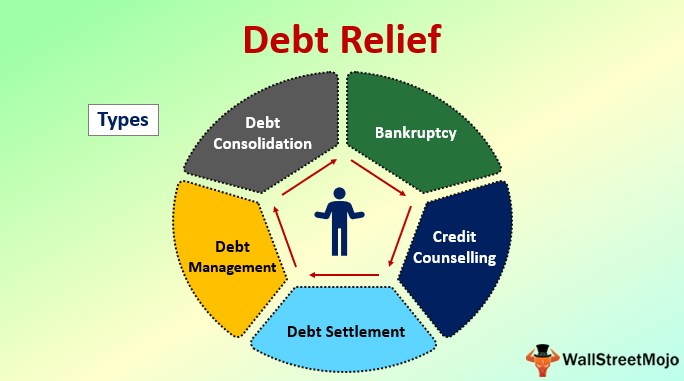Getting by with a little help from your friends is great — when it works. Sometimes though, you’re better served when you seek professional help. Dealing with overwhelming debt can be one of those times.
While it’s true you can often accomplish debt relief on your own, the learning curve is steep and that slope is especially slippery. It will take much longer to get there on your own and credit card debt grows every single day, thanks to the magic of compound interest. With that in mind, you’re probably wondering what to expect to pay for debt relief services.
How Debt Relief Works
Upon enrolling in a debt settlement program, you’ll stop paying your creditors directly each month. Instead, you’ll deposit the money into an escrow account. Once the value of that account is sufficient to pay off one of the agreements reached with a creditor in full, the settlement agent will transfer the funds to the appropriate entity (with your permission) and the debt will be forgiven.
You must be careful, though, since there are many iniquitous individuals out there looking to take advantage of people seeking debt relief. The American Fair Credit Council has a roster of legitimate agencies you can consult to help you find honest debt relief services near you. The other factor of which you need to be cognizant is that availing yourself of this form of debt relief can have tax consequences. Some creditors report forgiven amounts to the IRS, which considers it income and taxes charged off amounts.
How Debt Relief Saves You Money
Signing up for debt relief services, such as those offered by Freedom Debt Relief, engages an agent who will negotiate with creditors on your behalf to reduce the principal amount owed — along with accrued fees and interest. In other words, they work to get your outstanding balance reduced so you can pay it off more readily. Lenders will often do this in exchange for a one-time payment in full of the agreed upon amount.
They’ll do this because they know your next stop is probably bankruptcy court if your settlement offer fails. Credit card issuers and moneylenders would rather settle for a partial amount than risk being cut out altogether by a judge. With that said, you have to make sure you’re close to going that route, because they will look to see just how serious your situation is before agreeing to a settlement.
How Much Can You Save?
A study conducted by the American Fair Credit Counsel found debt settlement saves consumers as much as $2.64 for every dollar they spend availing themselves of the service.
Known as the Regan Report, the results were drawn from the responses of some 400,000 debt settlement customers who participated in such programs between January of 2011 and May of 2020. Chief among the findings was the fact that some 96 percent of negotiated settlements garnered reductions that exceeded the amounts of the fees charged for doing so. Typical debt settlement offers range from 10 percent to 50 percent of outstanding balances.
How Charges are Imposed
While the exact amount invoiced varies from company to company, you can expect to pay on average between 20 and 25 percent of the amount of debt you enroll in the program for debt relief services. The length of time you can expect to be enrolled will vary depending upon the amount of debt you have and your ability to pay into the escrow account to fund settlements. Here, it’s also important to note debt negotiation agencies can only charge you for their services if they actually get you a settlement. And, they can only bill you when the debt has been settled to your satisfaction.


